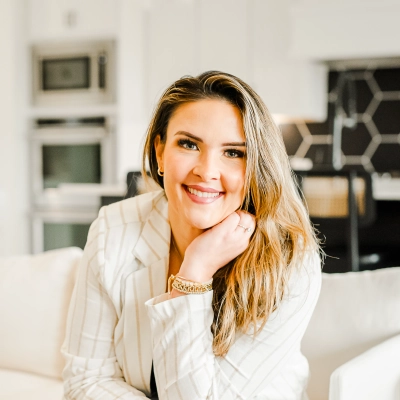11 Self-Care Practices That Prevent Burnout for Clinical Psychologists
Clinical psychologists face unique emotional demands that can lead to burnout if left unaddressed. This article draws on insights from mental health professionals who have developed practical strategies to protect their well-being while maintaining quality care for clients. The following eleven self-care practices offer actionable approaches to sustaining energy, clarity, and resilience in a demanding field.
Take Tech-Free Walks After Sessions
One self-care practice that's been absolutely essential for me is **taking intentional, tech-free walks right after my last client session of the day**. I started doing this a few years into my clinical psychology career when I realized I was carrying everyone's emotions home with me—like, I'd be cooking dinner still thinking about someone's trauma disclosure or a session that didn't land the way I hoped.
I used to think self-care had to be something big or luxurious, but honestly, just stepping outside, without a phone, without podcasts—just me and the fresh air—gave me a reset I didn't know I needed. It's like it marks the end of the therapist part of my day and lets me return to being just a person again.
Since making it a non-negotiable habit, I've noticed I'm *more present* in sessions and way less prone to emotional fatigue. It clears my mind, grounds me, and helps me show up as a better listener, every single time.
Please let me know if you will feature my submission because I would love to read the final article.
I hope this was useful and thanks for the opportunity.

Start Mornings Without Your Phone
As a psychotherapist, it's so important to have strong self-care practices to prevent burnout and take time away from client work to recharge. One practice that has made a tremendous difference for me is charging my phone in another room at night and spending the first 30 minutes of my morning without picking it up. This allows me the time and energy to wake up, meditate, do my morning routines, and center my energy today without any distractions or immediately jumping into responding to any tasks for the day. I find that this small act allows me to show up for myself first thing in the morning, ensuring I make time for it, and consequently to show up better for my clients for the rest of the day!

Stay Attuned to Your Emotional Responses
One strategy that's been particularly effective over time is to stay attuned to my own emotional responses in session. If I notice myself wanting to "fix" something quickly or share too much about my own experience, that's often a cue to slow down and return to curiosity about what's happening for the client. By grounding myself and reflecting before responding, I can stay present and empathic without crossing into over-involvement. It communicates that I care deeply, but that I'm also a stable, thoughtful presence, which is often what clients need most.
Give Yourself Credit for Daily Accomplishments
It is incredibly important that we give ourselves credit for the accomplishments we do every day. Nothing is too small. Get the kids to school? Give yourself credit. Lost your keys but found them again? Nice work! Get through that meeting without strangling (or saying something passive aggressive) to that co-worker? Way to go, me! It may sound silly, It can be very easy for us to not recognize the things that take energy and effort and only notice the mistakes we make. Our brains notice when we make mistakes or when things don't go the way we want them too. Our brain tends to not notice when we do well on every day, familiar tasks. It is critical that we give ourselves positive attention and recognize our efforts every day. That helps us feel hopeful, resilient, and empowered.

Rotate Between Hobbies and Processing Techniques
Hi, I'm a therapist and founder of LightLine Therapy, a group psychotherapy practice in NYC.
I try my best to manage two self-care techniques on a rotating basis: one that is focused on giving me space for my hobbies/interests, and one that is focused on helping me process my clinical work and enforcing my own mental boundaries.
Currently, my first self-care practice is going out to a movie, by myself, once per month. I love going to movies (and going with other people), but it's sometimes too difficult to line up schedules with somebody else and figure out what movie we want to see. Going by myself is so easy and stress free.
My other practice is taking a cold shower after a particularly heavy or long day of sessions. I often feel drained at the end of the day and taking a cold shower reinvigorates me so that I have energy for my family after work. It's not fair to them if I come home completely wiped out, so taking a cold shower helps make sure that I'm showing up for them in the way I want to.
I'm happy to provide more context or details if you like. If I'm included in your article, please include a link to my website or bio: https://lightlinetherapy.com/jacob-mergendoller.
Thanks,
Jacob
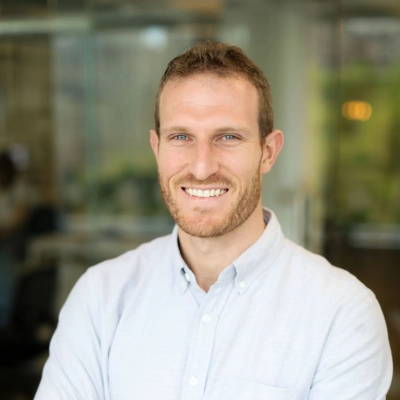
Practice Mindfulness and Reflection Between Sessions
One self-care practice that's been essential in preventing burnout in my psychology career is practicing regular mindfulness and reflection time between sessions to ensure my own mental wellbeing. Taking a few minutes to pause, breathe, and reset helps me release residual emotions from one client before engaging with the next. This practice prevents me from carrying over emotions, reduces cognitive and emotional fatigue, and allows me to stay fully present and attuned with each client I see. Over time, it strengthened my emotional resilience and compassion without draining my energy. By protecting my mental health space, I`m able to maintain clarity, empathy, and effectiveness in my career by showing up consistently grounded, focused, and connected to my clients' needs.
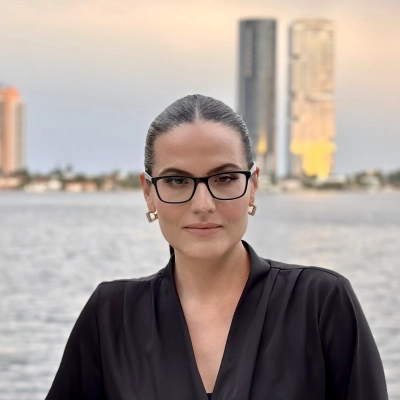
Create Quiet Time for Mental Resets
One self-care practice that's been essential for me in preventing burnout is something I call "quiet time." It's nothing fancy—just a few moments of stillness between sessions or tasks to let my mind and body reset. Sometimes that means going outside in the sun, pausing over a cup of tea in my rooms, or just taking a couple of slow breaths before I get out of my car. It's a small ritual, but it's become a really important part of how I look after myself as a psychologist.
In psychology, our work relies heavily on emotional presence. We attune to other people's pain, uncertainty, and stories day after day, which can be incredibly rewarding but also taxing if we don't have consistent ways to decompress. Early in my career, I used to power through the day, telling myself I'd "rest later." What I eventually realised is that without micro-pauses, I started to feel foggy, reactive, and detached. "Quiet time" changed that. It helps me shift my nervous system out of constant engagement and back into regulation.
From a psychological perspective, this practice aligns with what we know about stress physiology and cognitive performance. When we remain in a prolonged state of arousal or demand, our prefrontal cortex—the part of the brain we rely on for empathy, reasoning, and decision-making—becomes less efficient. Research in occupational health psychology shows that short, mindful breaks improve concentration, emotional regulation, and job satisfaction. In my own practice, those few minutes of calm are like a neural reset button. They help me approach each client as a new person, rather than as the next appointment in a long day.
What I've learned over the years is that self-care doesn't always have to look big or elaborate. It's not just about holidays, yoga, or spa days (though those are important and lovely too). It's about the small, intentional pauses. Quiet time helps me stay grounded and when I show up from that place—steady, centred, and recharged—my clients can feel it too. And that, ultimately, is one of the most powerful things I can bring into the room.
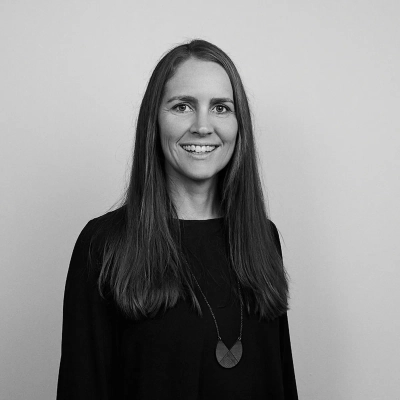
Consult Regularly With Other Therapists
Regular consultation and community with other therapists is an absolute must for me. Especially now, in the age of AI, it's easier than ever to work in isolation, But no technology can replace the regulation that happens through real human connection.
Consultation gives me a place to process the emotional impact of my work, get perspective, and to remember that the challenges I face are not personal failures but part of doing therapy well. These conversations then help me access vicarious resilience, the growth that comes from witnessing healing, both in my clients and my colleagues.
Staying connected to a supportive community keeps me grounded, accountable, and reminded that being human is not a liability in this work, it's what makes it effective.
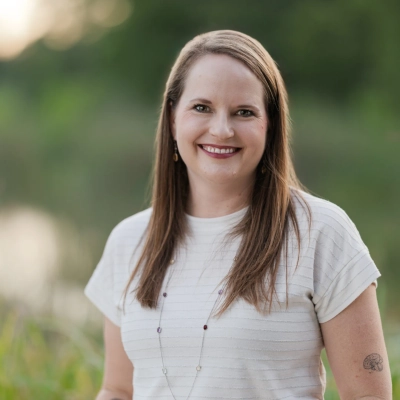
Perform a Structured Shutdown Ritual Daily
My essential self-care practice is "Active Compartmentalization," a non-negotiable ritual that leverages both my psychological and social educator training. It's the structured antidote to the "automatic pilot" that leads to burnout.
How it works: At the end of my workday, I perform a 5-minute "shutdown ritual." I physically tidy my desk, write down one emotional insight from the day, and then consciously close my notebook. This simple act is a cognitive boundary that signals to my brain that my role as "therapist" is over.
Why it's effective: As a Clinical Psychologist, I know that empathetic fatigue stems from "emotional bleed"—carrying clients' trauma home. This ritual stops that bleed. As a Social Educator, I know my effectiveness as a human depends on being present in my own social system (my family). This practice ensures I am not just a "therapist-at-home," allowing me to recharge fully and maintain my long-term effectiveness.
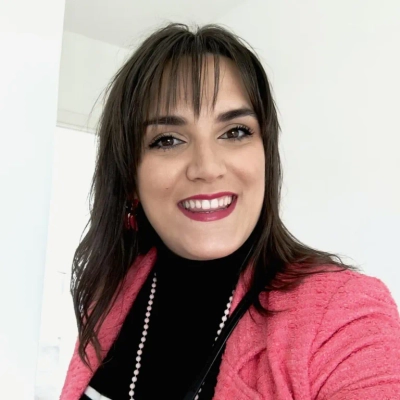
Maintain Your Own Psychoanalytic Therapy Consistently
Being in my own psychoanalytic therapy consistently since entering this field has helped me feel supported and maintain the capacity to support others. In my clinical work, it has been essential to recognize and work through the difficult emotions that may arise during sessions so that I can respond to my patients in a meaningful way. The more I understand my own feelings, the stronger I become as a clinician—and the better equipped I am to help my patients understand theirs.
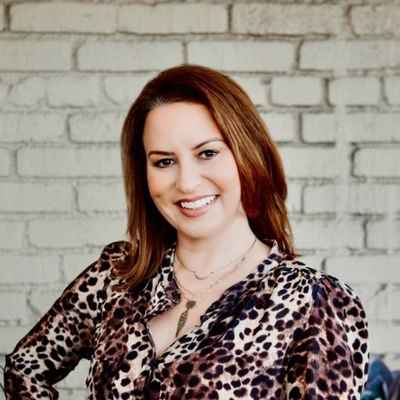
Protect Your Energy With Intentional Boundaries
The self-care practice that's saved my career? Learning to disappoint people on purpose.
Most therapists won't say it out loud, but chronic over-giving is just people-pleasing in a lab coat. I had to stop trying to be the "good therapist" who's always available, always flexible, always self-sacrificing. Now I protect my energy like it's a clinical tool, because it is.
That means not responding to messages after hours, saying no to 'quick favors,' and refusing to shrink my fees to soothe someone else's discomfort. The moment I stopped rescuing everyone, my empathy got sharper, my sessions got deeper, and my burnout disappeared.
Self-care isn't soft, it's boundaries that make other people uncomfortable while keeping you effective. That's what actually sustains longevity in this field.
